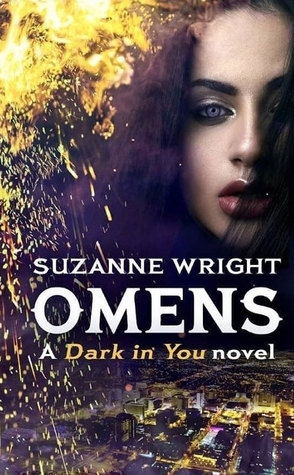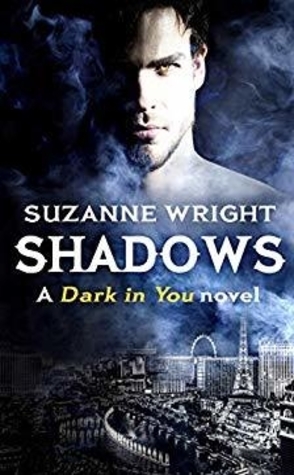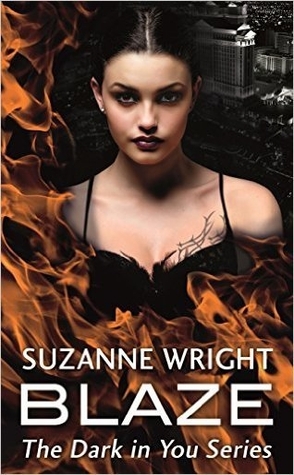
Judith’s review of The Craftsman (The Conqueror Series) by Georgia Fox
Raedwulf, son of a Saxon noble, is finally released from William the Conqueror’s prison. Unfortunately, this amnesty is conditional on an arranged marriage, but he just wants to be left in peace with his carpentry. The last thing he needs is a woman forced to bed him out of duty.
Emma is newly widowed. Believed barren, she never expected to marry again and planned to enter a convent. Instead, a fateful mistake sends her to this quiet, brooding man, who spends long hours alone with his woodwork. She’s stunned to learn that “Wulf” is a virgin, especially when she sees the magnificent craftsman’s tool in his breeches.
Before they are parted by the truth, can she teach Wulf to use that splendid, God-given implement with the same skill as he wields those in his workshop? Or will Emma learn some lessons of her own at the hands of The Craftsman?
The animosity between Normans and Saxons is well documented and it went on for several generations. The people who felt the pain of political change the most were those aristocratic families who were either wiped out completely or who suffered the loss of part of their family while the rest were taken into captivity by the forces of William the Conqueror and held in prison for decades until it seemed that they were “safe” to once again be freed to continue on with their lives. Rebellion and war were a part of life in those times and protecting one’s turf was the name of the game. William (also called “The Bastard”) was smart and politically savvy, thus keeping his friends close and his enemies closer. The political realities dictated that the remaining son of a Saxon earl was a danger and would be kept imprisoned. It was only through the efforts of his sister, now married to a Norman aristocrat, that Wulf was freed, but only after being thrust into an arranged marriage with a Norman woman.
This story demonstrates the true nature of arranged marriage and the ways that such liasons were used to either cement power or to keep one’s enemies neutralized. Wulf the Carpenter (as he was now known) was not interested in anything political. He knew that his father and brothers would have fought to retrieve their land and standing, but all he wanted was to be left in peace to pursue his art–his woodworking. A wife? OK, whatever it takes. But when Wulf first saw Emma, he began to experience responses within his body that had only been troubling occasionally during his captivity. She was a widow who had been loved by her first husband. At Wulf’s insistence, Emma’s experience in the bedroom served as instruction for this man who had never been with a woman.
While the political environment forms the backdrop of this novel, the “politics” of the bedroom are the setting for the development of this relationship between Emma and Wulf. The husband was the “owner” of the wife–not only her dowry or her material goods but her body was the property of her husband and as such, he was free to configure their sexual relationship in any way he chose. Thus there are others Wulf brought into their relationship, but only after beginning to recognize Emma’s “darker” urges and only after Wulf began to nurture feelings for Emma that went far beyond the “arranged marriage” obligations.
This is a very erotic novel that is filled with the color and life style of the times. It is also a continuation of the story of Wulf’s relationship with his sister, the fact that he is now residing in her home, the bits and pieces of other back stories that surfaced in previous novels in this series, as well as some twists and turns in Wulf and Emma’s story that are surprising. It is a story that speaks a great deal about the social truths that widows must acknowledge, their lack of standing in society, their imprisonment–in a sense–to their dead husband’s family, their usual destination being a convent. Emma’s expectations are rooted in these realities and her sense of doom–what can a barren woman really hope to ever have–were actually very “right on” in knowing that the basic use of a wife is to give her husband sons.
I had not read any of Georgia Fox’s work prior to reading her previous novel in this series, but after finishing The Virgin Proxy I was determined to read the next book in the series. I’m really glad I did. I love this period in English history–its raw and unregulated society, its dangerous politics, and the people who struggled against social norms that were very dehumanizing to a large percentage of the population. The “human interest” quotient is very high and this story seems to fit in that it is about two people who have had their lives upended by factors beyond their control but who are determined to find a way to not only survive but to live beyond the inevitable. It is also a story about two people who made some critical discoveries about themselves, the kind of discoveries which are really “ah ha” moments and which set the individual on a different path in may ways.
I think this novel is well worth reading, especially by those who really like this historical period. It is a love story that is more on a grand scale than is first obvious, and one that will certainly capture the interest of those who love erotic romance.
I give it a rating of 4.25 out of 5
You can read more from Judith at Dr J’s Book Place.
This book is available from Evernight Publishing. You can buy it here or here in e-format.





Leave a Reply